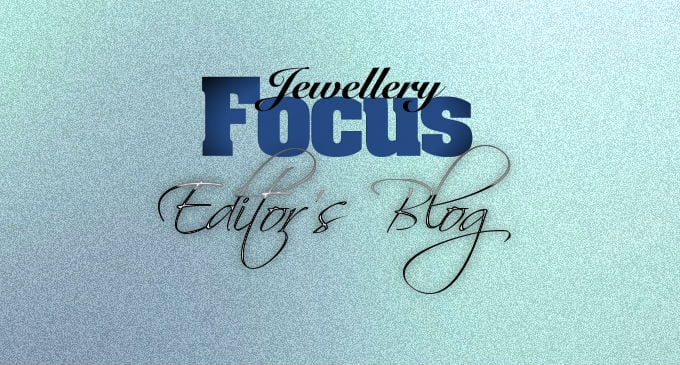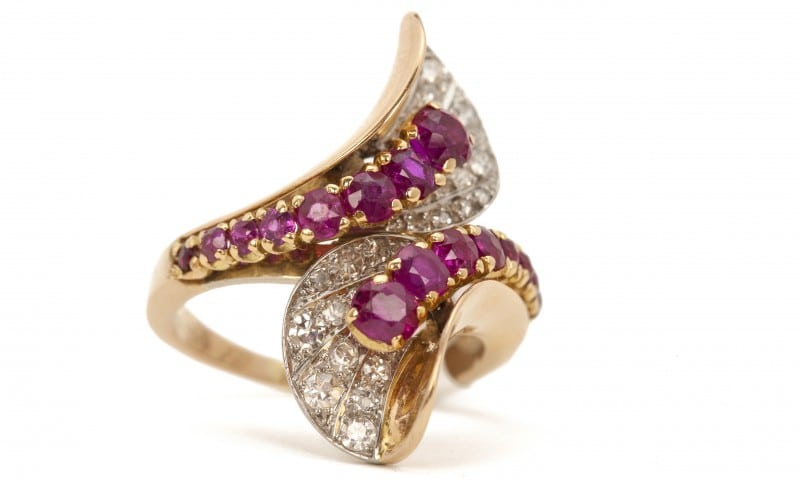Register to get 1 free article
Reveal the article below by registering for our email newsletter.
Want unlimited access? View Plans
Already have an account? Sign in
There’s no denying that the pawnbroking industry carries a stigma. For many, it conjures the image of individuals or families facing desperate time – pawning jewellery to make ends meet would be regarded by most as a last resort.
It is no coincidence that pawnbrokers do not have pride of place among the posher jewellery district shops in most towns – being in a pawnshop is often a down-on-your-knees experience for the people ‘stocking’ these places. That’s why it is interesting that the industry appears to have gone on something of a charm offensive lately.
First came the news that H&T Pawnbrokers has decided to sponsor the History channel’s Pawn Stars programme – a spin off from the wildly popular US version. Ostensibly the series across the Pond appears to glamourise the industry, making memorable ‘characters’ of the show’s participants.
That it is the History channel’s most popular show and is only pipped by Jersey Shore as the most popular reality TV show overall, is testament to the subject’s ability to garner an audience, which can be spoken to with a marketing message. The UK version debuted in August last year, chronicling the day-to-day activities of pawn shop Regal Pawn near Chester, and shows customers pawning or selling their items. As it has been commissioned for a second series, one imagines the ratings were respectable first time around.
Next came the news that the National Pawnbrokers Association (NPA) has launched a national advertising campaign extolling the virtues of pawning possessions for a source of credit. In slick ads appearing on newspaper websites and in the Sunday Times Magazine, pictures of goods are shown explaining the concept that you can pawn an item for credit one week, and wear it at a wedding the next.
Arguably, making this trade look appealing is a hard sell: anyone who is able to get credit by conventional means would rather keep their engagement ring on their finger, one suspects. The implication therefore is that the customer is in need of credit (never ideal) and has been told to take a running jump by the bank (even worse).
Still, where there’s muck there’s gold, and influencing perceptions (or selling, as it is known more colloquially) is what every business owner in the land is trying to do. Hats off to the NPA for standing up for its industry and trying to clean up the trade’s reputation.















